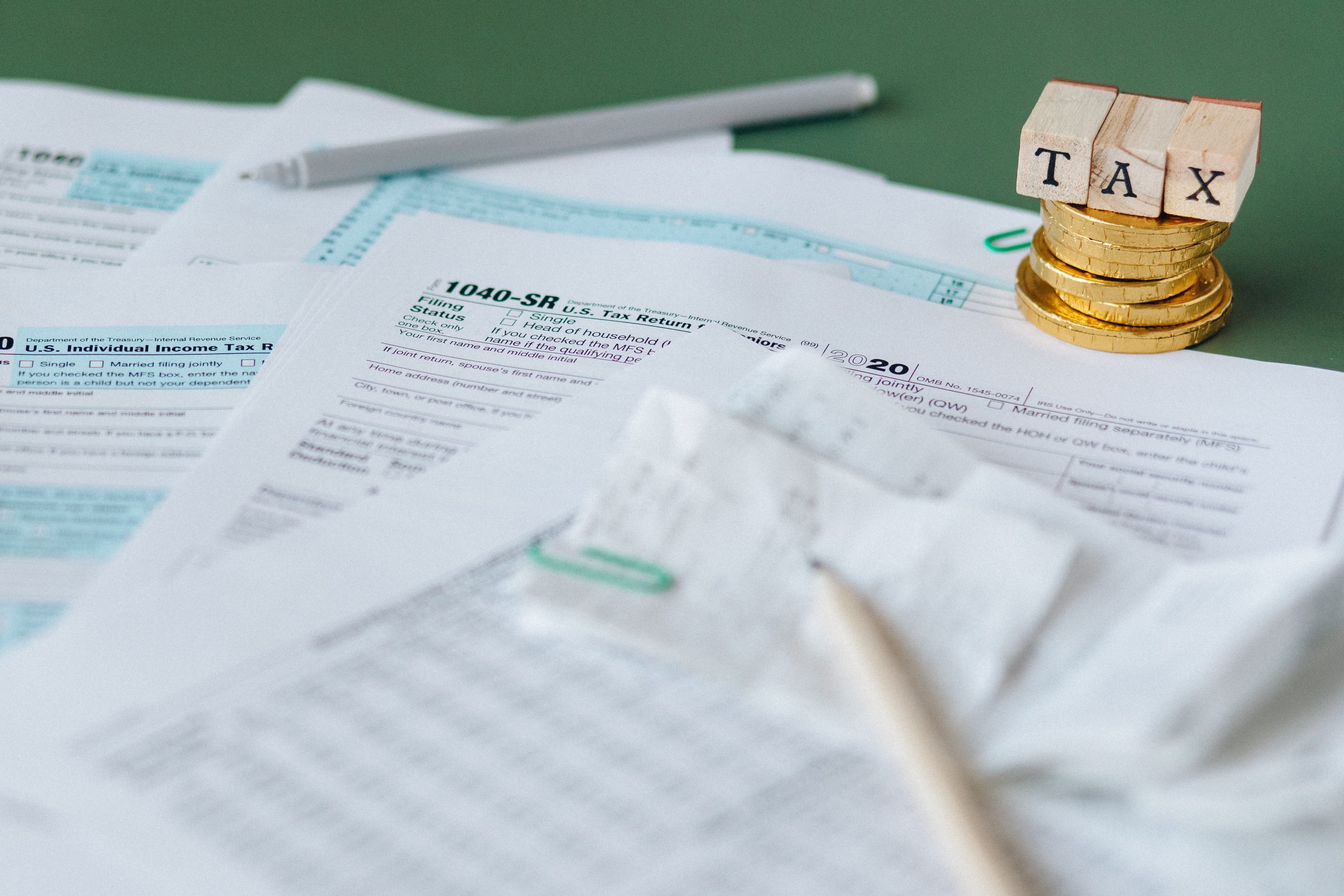In today’s globalized world, understanding the tax system of different countries is crucial, especially for individuals and businesses engaged in international transactions. Singapore, a thriving financial hub in Southeast Asia, has gained popularity as an attractive destination for entrepreneurs, investors, and professionals. Its efficient tax system plays a significant role in this regard. In this article, we will delve into Singapore’s tax system, exploring its key features, benefits, and obligations.

Introduction
Singapore’s tax system is renowned for its simplicity, transparency, and competitive tax rates. The government has strategically designed the tax regime to attract foreign investments, foster economic growth, and encourage entrepreneurship. Understanding the fundamentals of Singapore’s tax system is essential for individuals and businesses operating within the country.
Overview of Singapore’s Tax System
Singapore follows a territorial-based tax system, which means that tax is imposed only on income earned or received in Singapore, as well as on income remitted into Singapore. This territorial principle enables businesses to benefit from exemptions on foreign-sourced income, creating a favorable environment for international business operations.
Corporate Taxation
One of the most appealing aspects of Singapore’s tax system is its competitive corporate tax rate. Currently, the corporate tax rate stands at a flat 17%, which is significantly lower than many other developed countries. Additionally, Singapore offers various tax incentives, such as the Productivity and Innovation Credit (PIC) scheme, which encourages businesses to invest in innovation and automation.
Personal Income Tax
Singapore’s personal income tax system adopts a progressive tax rate structure, with rates ranging from 0% to a maximum of 22%. The tax rates are applied based on an individual’s chargeable income. Moreover, Singapore provides certain personal reliefs and rebates, such as the Parent Relief, which supports families with dependents, and the Earned Income Relief, which benefits lower-income individuals.

Gain a comprehensive understanding of the ins and outs of tax regulations in the thriving financial hub with Accruplus, your trusted financial advisor.
Goods and Services Tax (GST)
The Goods and Services Tax (GST) is a consumption tax levied on the supply of goods and services in Singapore. The current GST rate is 7%, and it is charged on most goods and services, excluding essential items like basic food items and public transport. GST registration is mandatory for businesses with an annual taxable turnover exceeding SGD 1 million, although voluntary registration is also available for smaller businesses.
Withholding Tax
Withholding tax is applicable to certain types of payments made to non-resident individuals or companies. It is deducted at the source when specific types of income, such as interest, royalties, or technical service fees, are paid to non-residents. The withholding tax rates vary depending on the nature of the payment and any applicable tax treaties between Singapore and the recipient’s country of residence.
Property Tax
Singapore imposes property tax on owners of residential and non-residential properties. The tax is calculated based on the annual value of the property, which is an estimated gross rental income. Property tax rates differ for owner-occupied properties and investment properties. Property owners can enjoy various tax reliefs and exemptions based on specific criteria.
Stamp Duty
Stamp duty is a tax levied on certain legal documents, such as agreements for the sale and purchase of properties and shares. In Singapore, stamp duty rates vary depending on the nature of the transaction. For example, residential property buyers are subject to Buyer’s Stamp Duty, while sellers are required to pay Seller’s Stamp Duty if the property is sold within a specific holding period.

Conclusion
Singapore’s tax system is a key contributor to its success as a global business hub. Its competitive tax rates, robust incentives, and simplified processes have attracted numerous investors and entrepreneurs from around the world. By understanding the nuances of Singapore’s tax system, individuals and businesses can make informed decisions and optimize their tax obligations while enjoying the benefits of a thriving economy.
Gain a comprehensive understanding of the ins and outs of tax regulations in the thriving financial hub with Accruplus, your trusted financial advisor.

